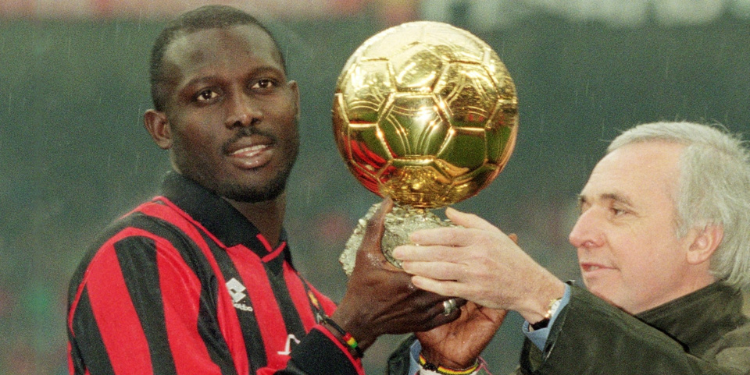When George Weah lifted the Ballon d’Or in 1995, it was more than a personal victory; it marked a historic breakthrough that firmly placed African football on the global stage.
Not only did it mark a personal triumph for the Liberian striker, but it also highlighted the potential of African talent on the global stage.
Dembélé’s triumph, though celebrated, reflects a different narrative, one rooted in African heritage but defined by European nationality.
While both achievements are remarkable, Weah’s victory stands apart for its historic significance, as he remains the only African-born player to have ever claimed the award.
George Weah: The 1995 Ballon d’Or Winner
George Manneh Oppong Weah was born on October 1, 1966, in Clara Town, Monrovia, Liberia.
He began his football journey playing for local clubs in Liberia before moving to Europe in 1988, where he joined AS Monaco under the guidance of Arsène Wenger.
At Monaco, Weah quickly made his mark, helping the club win the Ligue 1 title in the 1987–88 season and scoring 16 goals in 33 appearances across all competitions.
In 1992, Weah signed for Paris Saint-Germain (PSG), where he became a star in European football.
Over three seasons with PSG, he scored 49 goals in 107 appearances and helped the team secure the French Division 1 title in 1993–94.
Weah moved to AC Milan in 1995, winning Serie A in the 1995–96 and 1998–99 seasons, scoring 60 goals in 147 appearances for Milan across all competitions.
In 1995, following stellar performances with PSG and AC Milan, Weah became the first and only African-born player to win the Ballon d’Or.
George Weah’s 1994–95 Season Stats:
- Paris Saint-Germain (PSG): 7 goals in 34 league appearances.
- AC Milan: 11 goals in 26 league appearances.
- Total: 18 goals in 53 appearances across all competitions.
That same year, he was also named FIFA World Player of the Year and African Footballer of the Year, cementing his status as one of football’s greatest players.
George Weah’s win was historic because he achieved it while representing Liberia, an African nation that had never qualified for the FIFA World Cup.
His success symbolized Africa’s potential on the global football stage, breaking barriers for players from the continent.
Throughout his professional career, Weah played for top clubs, including AS Monaco (1988–1992), Paris Saint-Germain (1992–1995), AC Milan (1995–2000), Chelsea (on loan in 2000), and Manchester City (on loan in 2001).
He scored over 100 career goals in top-flight European football and remains a role model for African footballers seeking success on the international stage.
Ousmane Dembélé: The 2025 Ballon d’Or Winner
Ousmane Dembélé was born on May 15, 1997, in Vernon, France, to a Malian father, Ousmane Dembélé Sr. and a Mauritanian-Senegalese mother, Fatimata.
While his roots are African, he represents France at international level.
Ousmane Dembélé began his professional journey at Rennes in 2015, quickly making a name for himself with his speed and dribbling skills.
His impressive performances led to a move to Borussia Dortmund in 2016, where he continued to develop his talent.
In 2017, Dembélé transferred to FC Barcelona for an initial fee of €105 million, making him one of the most expensive players in history at that time.
However, his early years at Barcelona were plagued by injuries.
Between 2017 and 2023, Dembélé missed over 100 matches due to recurring hamstring and muscle injuries.
These setbacks stalled his progress, and critics questioned whether he would ever fulfil his potential.
Dembélé’s New Chapter
In August 2023, Dembélé transferred to Paris Saint-Germain (PSG) for €50.4 million, reuniting with manager Luis Enrique, who believed in his abilities.
Under Enrique’s system, Dembélé thrived, playing primarily as a central striker in the 2024–25 season, a tactical shift that revived his career.
Dembélé’s performances were instrumental in PSG’s historic treble, which included their first-ever UEFA Champions League title.
He scored 35 goals and provided 16 assists across all competitions, earning him the 2025 Ballon d’Or.
Also Read: List of Players Who Have Played for Both Arsenal & Chelsea
His performances earned him the UEFA Champions League Player of the Season award and, ultimately, the 2025 Ballon d’Or, becoming the sixth French player to win the honor.
Why Weah’s Win Still Outshines Dembélé’s for Africa
While both players share African ancestry, their journeys are fundamentally different.
- George Weah was born and raised in Liberia, representing his homeland throughout his career. His Ballon d’Or win directly represented Africa on the world stage.
- Ousmane Dembélé, though of African descent, was born and developed in France, representing the French national team, including in their 2018 FIFA World Cup victory.
This distinction explains why Weah’s win holds unmatched significance for African football.
His triumph was proof that a player from Africa, playing for an African nation, could rise to the very top.
Dembélé’s Ballon d’Or is a story of redemption and brilliance, but it cannot eclipse Weah’s achievement for Africa.
Weah’s victory was symbolic, breaking barriers for African players in a football era dominated by Europe and South America.
Also Read: KPL 2025/2026 Fixtures, Standings, Results and Top Scorers
To date, no other African-born player has won the Ballon d’Or.
Players like Samuel Eto’o, Didier Drogba, and Mohamed Salah have come close, but Weah remains unique.
Dembélé’s success, while historic for PSG and French football, is part of a broader trend of multicultural European teams succeeding on the global stage.
Follow our WhatsApp Channel and X Account for real-time news updates.
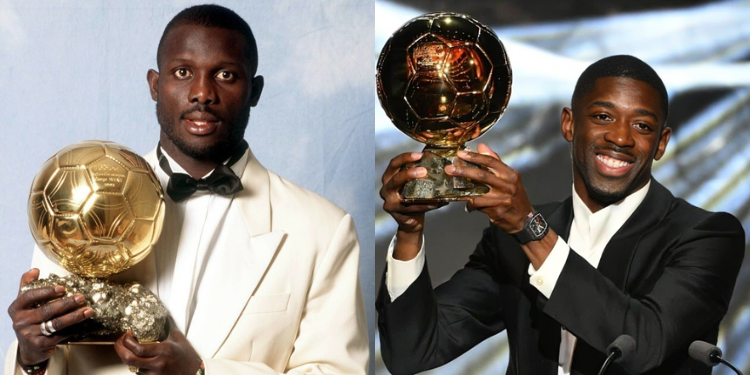



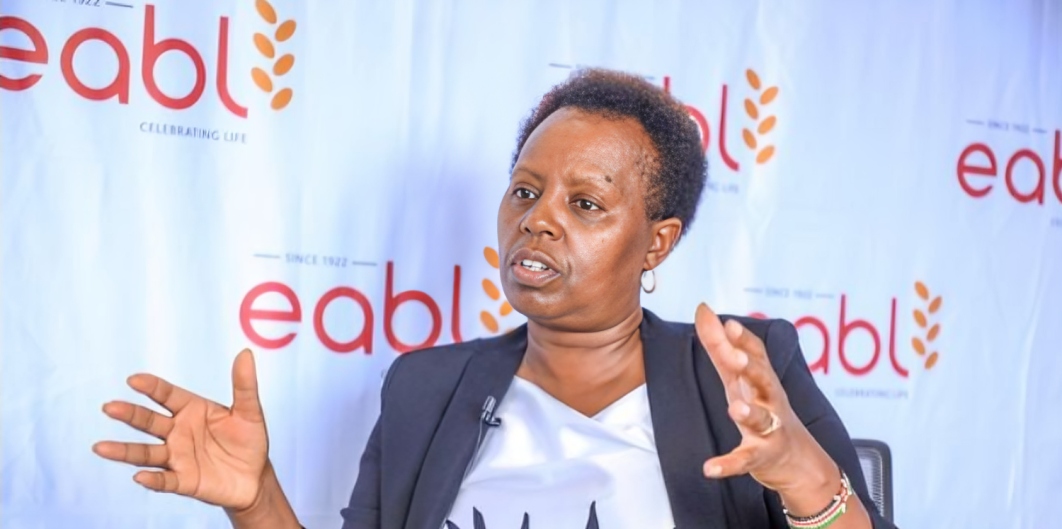
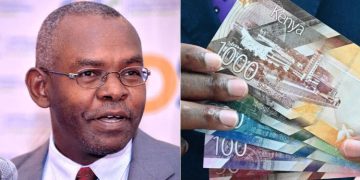
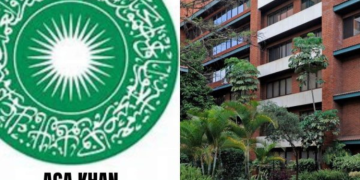



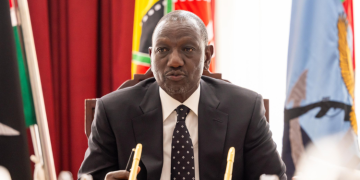






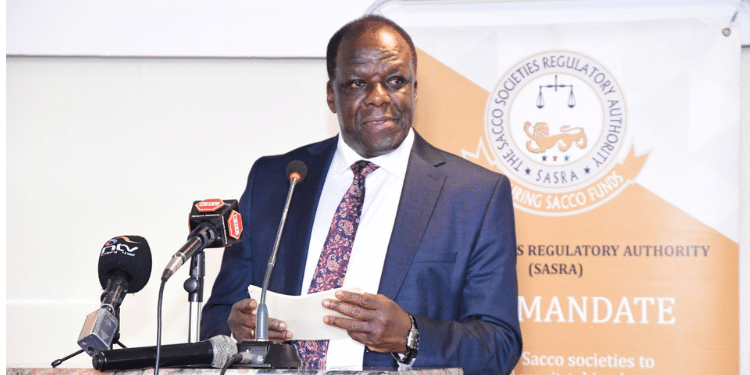
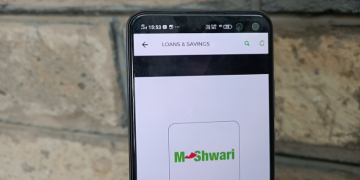
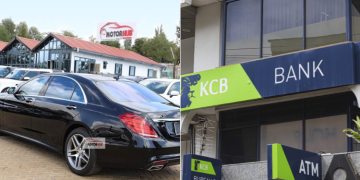


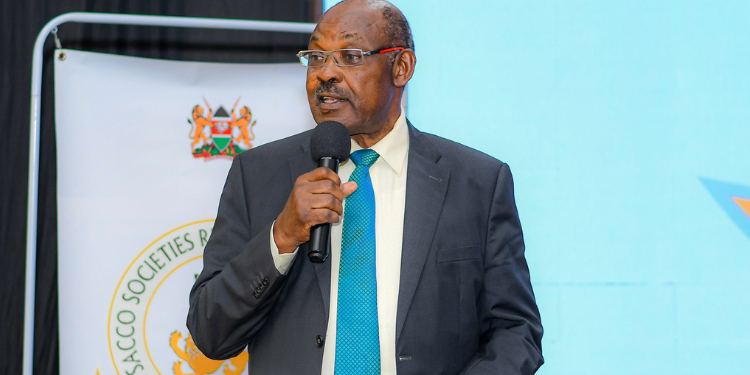































![Senator Allan Chesang And Chanelle Kittony Wed In A Colourful Ceremony [Photos] Trans Nzoia Senator Allan Chesang With Channelle Kittony/Oscar Sudi]( https://thekenyatimescdn-ese7d3e7ghdnbfa9.z01.azurefd.net/prodimages/uploads/2025/11/Trans-Nzoia-Senator-Allan-Chesang-with-Channelle-KittonyOscar-Sudi-360x180.png)

















